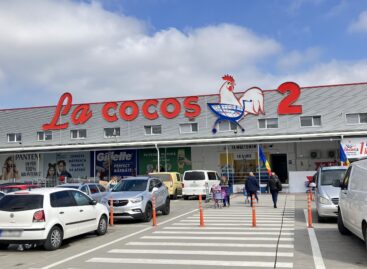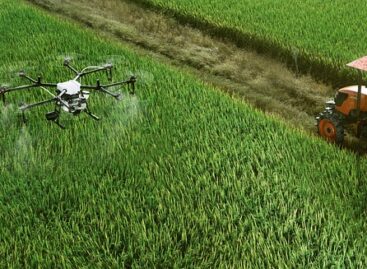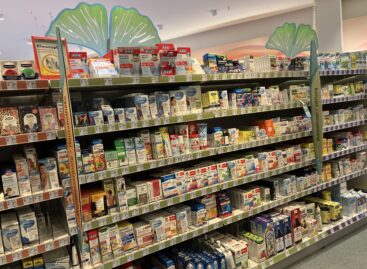Romanian sheep and goat farmers protest in Bucharest against restrictions imposed due to peste de petits ruminants
Romanian sheep and goat farmers protested in front of the government headquarters in Bucharest on Monday against new restrictions imposed on Easter lamb sales due to peste de petits ruminants. Government representatives promised to try to obtain concessions from the European Commission.

(Photo: Pixabay)
The Romanian Veterinary and Food Safety Authority (ANSVSA) has banned the export of live small ruminants – sheep and goats – to other countries of the European Union, as well as the transport of live animals in the entire territory of Arad and Bihar counties, following a new outbreak of plague in the Gepiu area of Bihar county on March 5. According to the shepherds marching in front of the government headquarters, the export ban introduced in the weeks before Easter, the most important sales period for them, could bankrupt 80 percent of the breeders. According to the breeders, who were interviewed by the Digi 24 news channel, they were able to sell live lambs for around 25 lei (2,000 forints) per kilogram last year, but now they can only export to Arab countries, for a maximum price of 17 lei, and this may decrease further after the Easter period. According to the government statement, experts from the Ministry of Agriculture and the ANSVSA promised the protestors’ delegation that they would ask the EC for a concession to allow livestock to be transported from farms where there is no plague outbreak to the nearest slaughterhouse, in order to reduce losses. According to the ANSVSA, Romania can still export live small ruminants to third-country markets outside the EU, and the EU export ban only applies to live animals, not to sheep and goat meat slaughtered in slaughterhouses that meet EU standards. The Romanian sheep population was estimated at around 2.325 million in December, a decrease of 200,000 compared to the previous year. Peste de petits ruminants first appeared in Romania in July last year. At the peak of the epidemic, a total of 64 hotspots were identified in four counties of the country.
MTI
Related news
Auchan Romania Rolls Out Bulk Collection For Deposit Return System
Auchan Romania has introduced a new bulk collection system at…
Read more >Schwarz Group acquires Romanian big box operator La Cocoș
In a market shaped by hypermarket contraction and discount dominance,…
Read more >Ministry of Agriculture: Our country continues to stand for effective plant and animal protection
Brussels must not endanger the competitiveness of farmers in the…
Read more >Related news
WHO: They urge a 50 percent price increase for tobacco, alcohol and sugary drinks
The World Health Organization (WHO) is calling for the prices…
Read more >Eurozone economic growth accelerated in June
The eurozone’s economic performance accelerated in June, according to the…
Read more >This is how drug prices are changing: the government introduced price restrictions
The Ministry of National Economy’s price restrictions on medicines came…
Read more >






